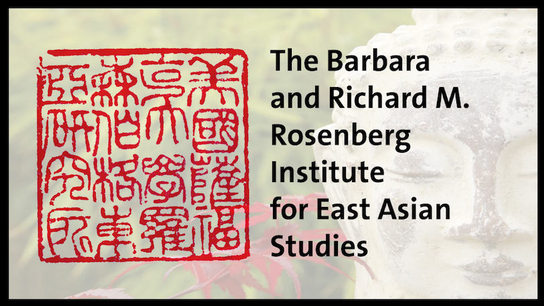
Rosenberg Institute Scholars
Files
Download Full Text (585 KB)
Collection Number
Rosenberg Institute Scholar Research Paper, No. 2 (January 2021)
Description
The Asian Infrastructure Investment Bank (AIIB) has invested almost one-third of its entire pan-Asian portfolio in India, which has quietly become the Chinese-led bank’s top borrower despite rising China-India tensions. Over the first half-decade of the AIIB, most of its projects were co-financed with other multilaterals, led by the World Bank, and applied their environmental and social policies, accountability mechanisms, and grievance processes. This empirical research paper traces the development of two projects in India involving AIIB and the World Bank: the ill-fated Amaravati Capital City Project in Andhra Pradesh, a cancelled co-financed project, and the ongoing Mumbai Urban Transport Project, Phase III, originally intended for co-financing but is an AIIB standalone after India’s negotiations with the World Bank met at an impasse. While the cases exhibit quite different examples of AIIB and World Bank’s partnership in (and with) India, both raise similar questions about AIIB’s accountability for environmental and social impacts of its projects—particularly where land acquisition is concerned.
Publication Date
1-2021
Publisher
Rosenberg Institute for East Asian Studies at Suffolk University
City
Boston
Keywords
accountability, Amaravati Sustainable Capital City Development Project; Asian Infrastructure Investment Bank (AIIB), Environmental and Social Framework (ESF), India, Inspection Panel. land acquisition. Mumbai Urban Transport Project. Project-affected People’s Mechanism (PPM), World Bank
Disciplines
Asian American Studies | Asian Studies
Recommended Citation
Kirk, Jason A., "Deference, Displacement, and Due Diligence in AIIB and World Bank Lending in India: The Amaravati Capital City and Mumbai Urban Transport Projects" (2021). Rosenberg Institute Scholars. 3.
https://dc.suffolk.edu/rifellows/3
Creative Commons License

This work is licensed under a Creative Commons Attribution-NonCommercial-Share Alike 4.0 International License.

